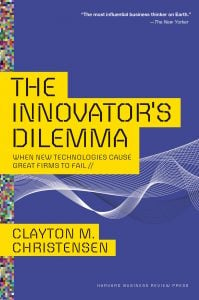At the peak of the summer, The Recursive team is gathering a list of innovation books recommended by leaders in the SEE ecosystems. In this series, you can find out which are the reads that have had the biggest impact on the personal and professional development of regional founders, business experts, investors, and innovation influencers.
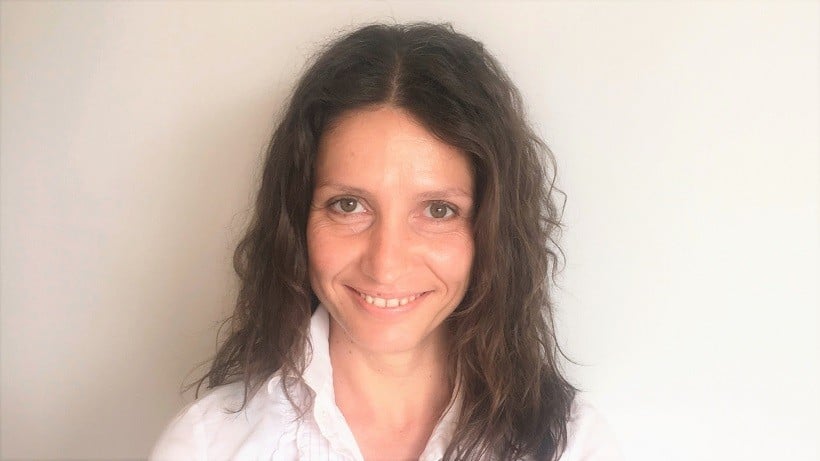
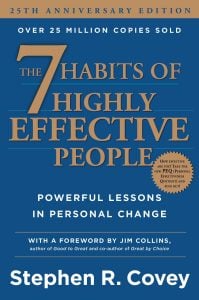
According to Rashkovska The 7 Habits is a self-help type of book which teaches important principles and habits which if one follows, would find themselves much more mindful of their wants and goals on the one hand and much more effective in achieving their goals on the other hand. “For example, probably the most important habit which the book talks about is the habit of being proactive. This includes being responsible for one’s personal development as well as recognizing that certain thought patterns work against this development while others support and accelerate it. The “be proactive” habit is an important starting point that works as a glue for the remaining 6 habits – goal setting, effective prioritization, understanding, collaborating and negotiating with others, and continuous self-improvement, ” she says. The book is very easy and entertaining to read with many real-life examples and I recommend it to everyone, especially to young professionals or entrepreneurs at the beginning of their careers.
Leo Africanus is written by the Lebanese-French author Amin Maalouf. It is a historical fiction novel that follows the life of the real-life figure Johannes Leo de Medicis who lived in the 16th century and was one of the people who left the last surviving Muslim kingdom in Spain.

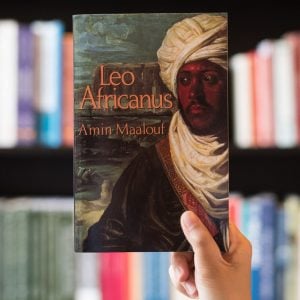
Exponential Organizations co-authored by Salim Ismail, Michael Malone, and Yuri van Geest. The book explains why some newly established businesses are times better, cheaper, and more effective than their predecessors. In short, it explores how exponential technologies result in the discovery of new business models and unlock abundance. The main difference between novel and traditional businesses is thought to be that smart businesses use technology in order not to limit themselves by the old-school scarcity and have exponential reach. Another book that has influenced Panayotov is The law of success by Napoleon Hill because according to him it’s a practical guide of how to become a human

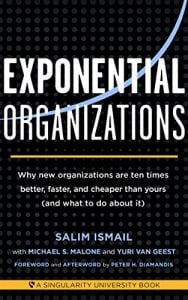

The authors describe that there are two types of technologies – either sustaining or disruptive. The sustaining technologies, or the ones that most traditional organizations use, are all about improving product performance. On the other hand, disruptive technologies are described to lead to lower product performance in the short term but eventually surpass sustaining technologies. The other book that Stoycheva recommends is Open Innovation by Henry Chesbrough that is focused on addressing the gap between academia and business. The concept of open innovation is described as more decentralized and capable of connecting seemingly disparate elements together.
